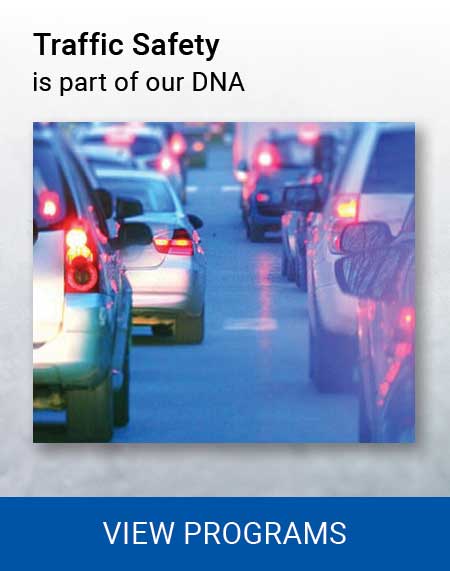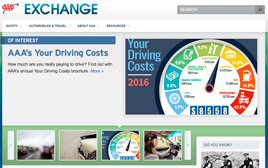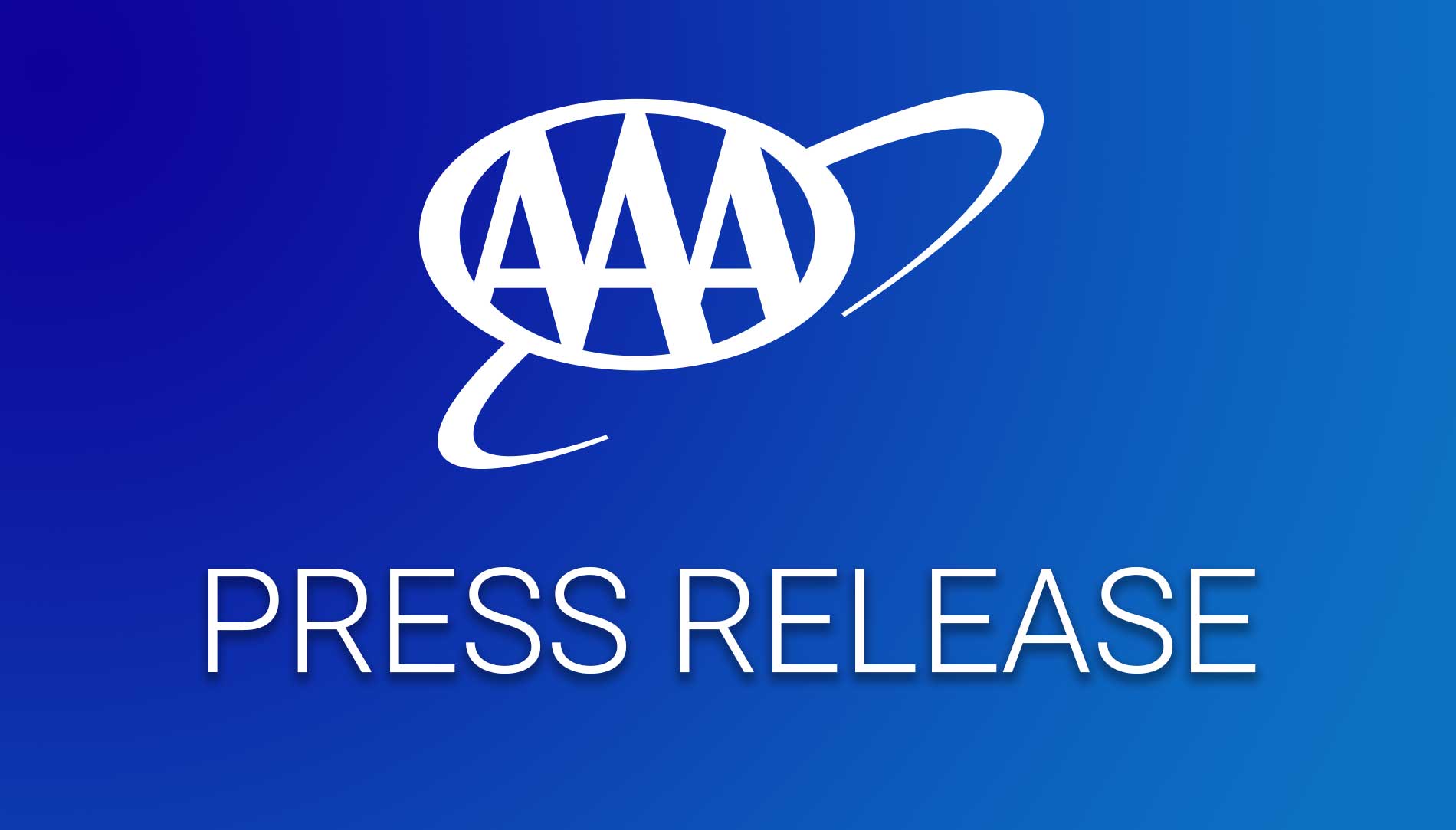AAA notes dramatic drop in traffic deaths under the law
BELLEVUE, Wash. — October is Distracted Driving Awareness Month. With it comes positive news from AAA Washington about the state’s three-year-old distracted driving law and a reminder of the costs for continuing to engage in this dangerous behavior.
“Since Washington enacted its driving under the influence of electronics or E-DUI law in July 2017, we have seen a notable drop in the number of traffic fatalities involving driver distraction,” said AAA Washington spokesperson, Kelly Just. “The largest decrease happened in 2018, the law’s first full year on the books.”
According to the Washington Traffic Safety Commission (WTSC), the number of traffic deaths that involved distraction decreased 25% in 2018 — to 116 down from 155 in 2017. The following year (2019), the number of deaths rose slightly to 118 but remained well below the 2017 number.
[Note: It is too soon to call the decreases a trend. WTSC researchers prefer to have three full years of data before making such a declaration. Because the COVID-19 pandemic resulted in a large number of drivers staying off the road, the agency cannot draw comparisons between 2020 and the previous two years.]
To ensure the number of Washington’s distracted driving fatalities continue falling all the way to zero, AAA battles the preventable and dangerous behavior with its ongoing “Don’t drive intoxicated. Don’t drive intexticated campaign.”
“The consequences of texting and driving match those of drinking and driving; death or serious injury,” explained Just. “This campaign hopes to make distracted-driving, something we know most drivers already admit is dangerous, as socially unacceptable as drinking and driving.”
The law, which bans drivers from holding any electronic device, whether driving or stopped at a red light, is making it easier for law enforcement to spot and ticket those breaking the law. In 2016, law enforcement officers across Washington handed out 24,226 citations. That number jumped to 33,825 in 2018 and 37,402 in 2019.
Financial Impact of Law
Washington’s law includes a financial deterrent to driving distracted. The state reports ticket results to insurance carriers to consider when renewing driver policies. The Northwest Insurance Council (NWIC) reports the impact of E-DUI citations are now reaching driver’s wallets.
Kenton Brine, president of the NWIC, says some insurers treat a distracted driving ticket like a speeding ticket, meaning the loss of a “good driver discount” and a premium increase in the 2% to 5% range. The story is different for drivers cited for distraction in connection with speeding, running a red light or an at-fault collision.
“In cases where a driver is at-fault in a collision, or if other violations also occurred along with the distracted driving citation, a policyholder could expect to see a 10% to 20 % increase, or more,” said Brine.”
To find out how an E-DUI citation might impact your policy, contact your insurance carrier.
Learn more about AAA Washington’s “Don’t drive intoxicated. Don’t drive intexticated.” campaign at aaa.com/distracteddriving. Here you can Take The Pledge to drive distraction-free and read a list of ways you can avoid driving “intexticated”.
Crash broll: Massachusetts, Louisiana, Maine, Compilation | Intexticated PSA






